No second series for Steven Knight drama
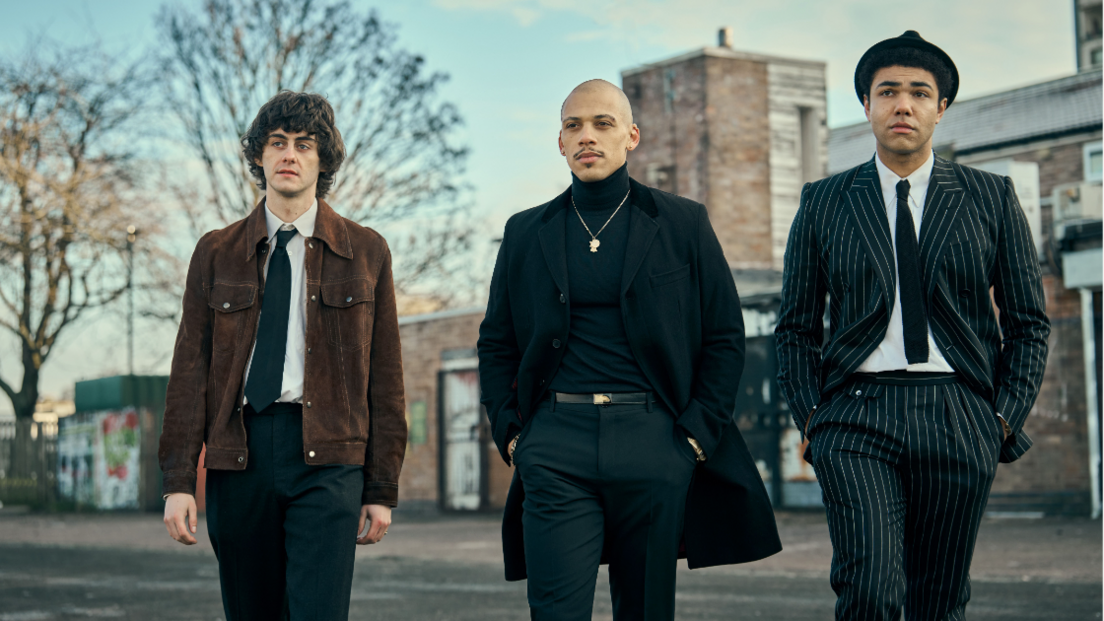
This Town picked up several awards, but is not being renewed for a second series
- Published
There will be no second series of the Steven Knight drama series This Town, the BBC has confirmed.
Released in March 2024, the six-part series delved into the ska and two tone music scene in the Midlands in the early 1980s, amidst violence on the streets of Birmingham and Coventry.
Filming took place in Birmingham, the Black Country, Wolverhampton, Coventry, and Stoke-on-Trent, as well as the new studio hub in Digbeth set up by the Peaky Blinders creator.
Confirming the news, a BBC spokesperson said: "We're hugely grateful to Steven Knight, Kudos and the cast and crew for bringing This Town to life – in no small part due to Steven's passion for the West Midlands."
They added: "We look forward to working with him on new projects in the future and we're in talks about what's next."
Among the cast of the BBC One series were Levi Brown as Dante Williams, Michelle Dockery as Estella, and David Dawson as Robbie Carmen.
Just a few months ago, the series picked up a Royal Television Society (RTS) Programme Award in the 'limited series and single drama' category, beating off competition from Mr Bates vs The Post Office and Breathtaking.
It also took home three awards, external from the RTS Midlands Awards in November.
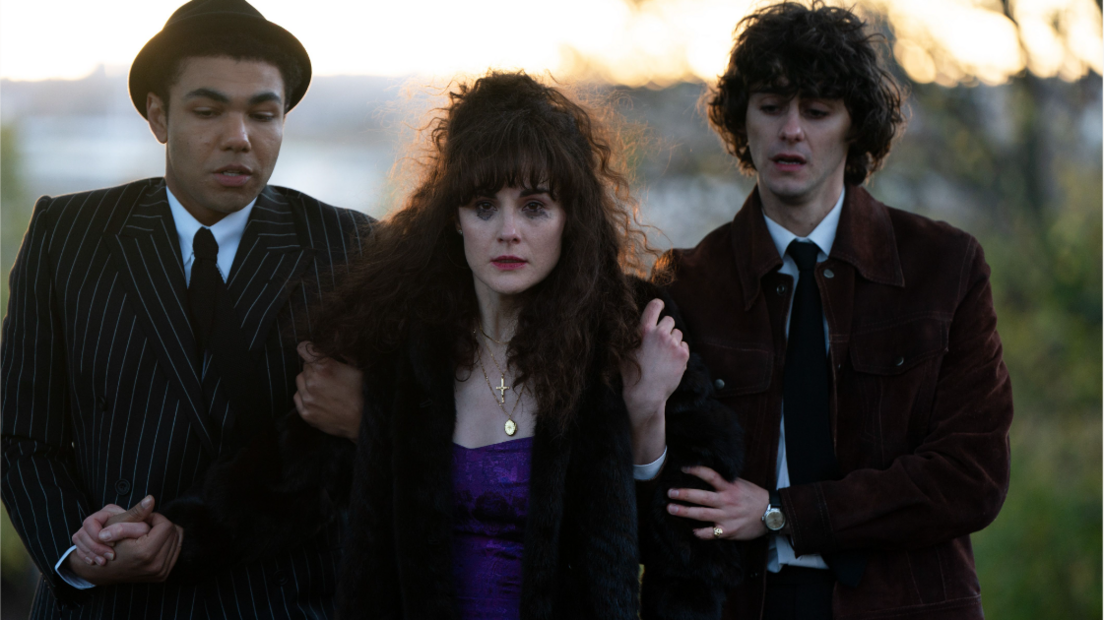
The series was filmed across the West Midlands and set in Birmingham and Coventry
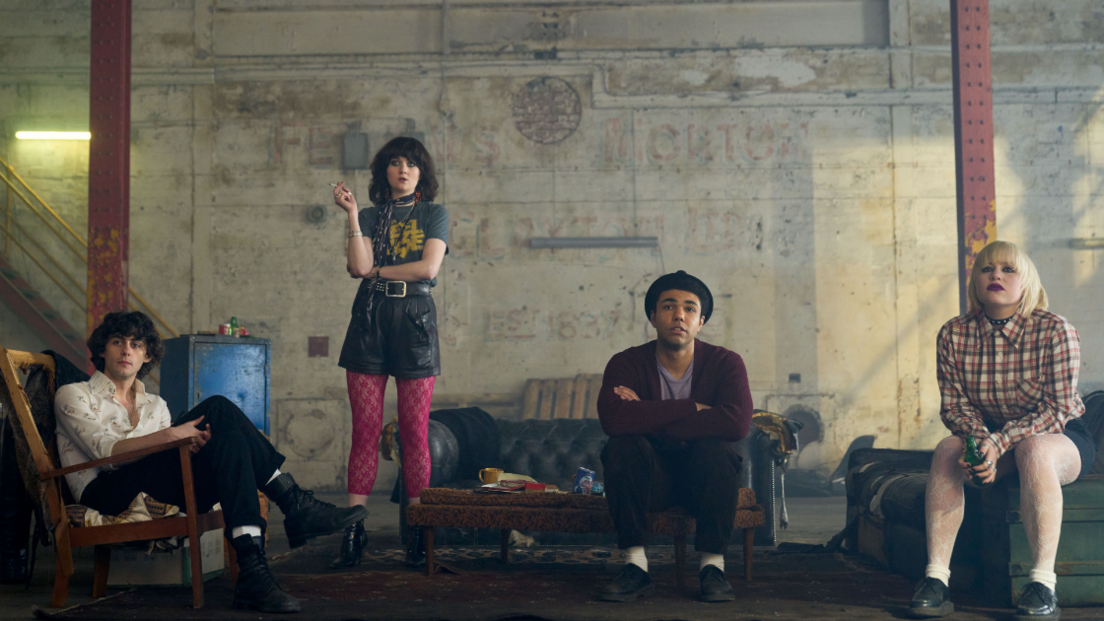
The series delved into the ska and two tone music scene in the Midlands in the early 1980s
Speaking about the setting for the drama last year, Knight said: "At the time it seemed completely normal, but when you look back there was a period when in Coventry and then Birmingham that a certain sort of music appeared.
"Suddenly everyone seemed to come together regardless of differences like race.
"You'd go to a Birmingham football match, and go to the pub after the match, and someone would turn up with a record player and plug it in and everyone was united.
"I thought it would be interesting to tell a story set at that time. I tried not to tell a story of four people who form a band but four people in very very difficult circumstances which they can only escape from if they form bands."
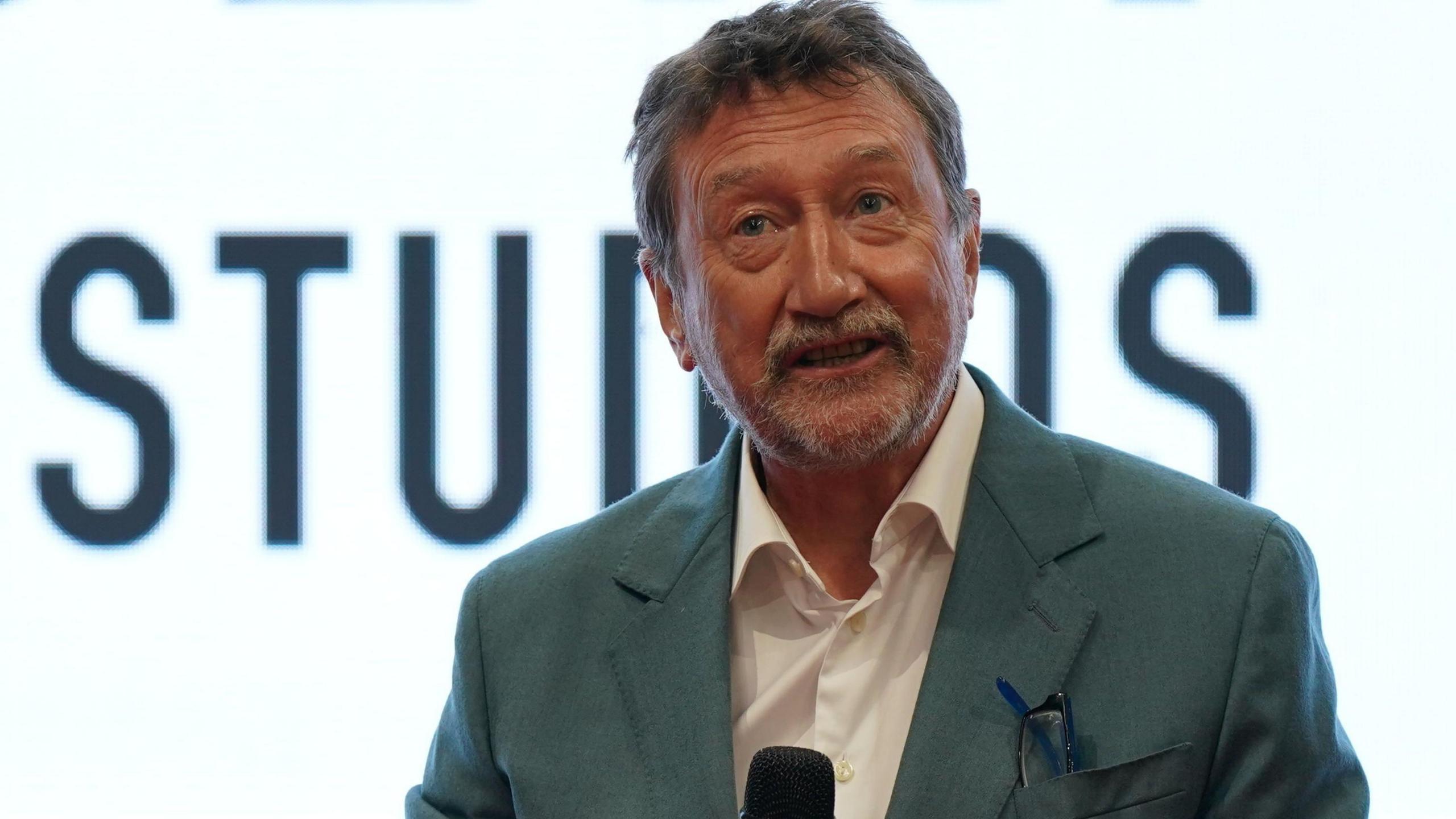
Steven Knight is an ardent supporter of creating and setting art in the Midlands
Knight still has plenty on the horizon, having just been announced as the writer for the forthcoming James Bond film, directed by Denis Villeneuve.
His Peaky Blinders film is also set to be released on Netflix, and Knight has also written a historical drama series for the streaming giant about the Guinness brewing dynasty, called House of Guinness.
Get in touch
Tell us which stories we should cover in Birmingham and the Black Country
Follow BBC Birmingham on BBC Sounds, Facebook, external, X, external and Instagram, external.
- Published1 August
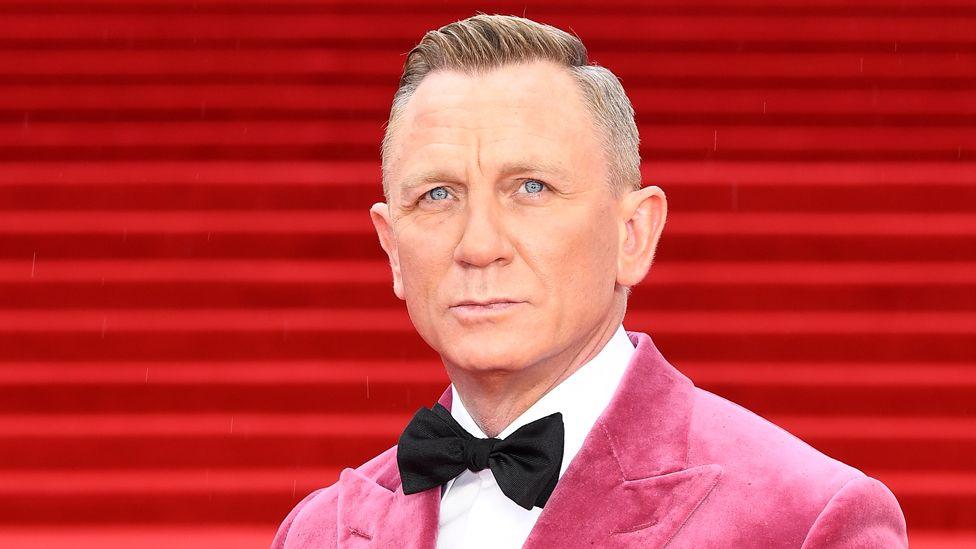
- Published25 March 2024
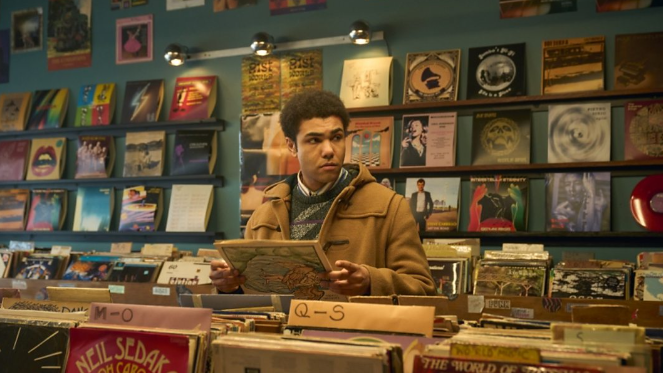
- Published29 March 2024
